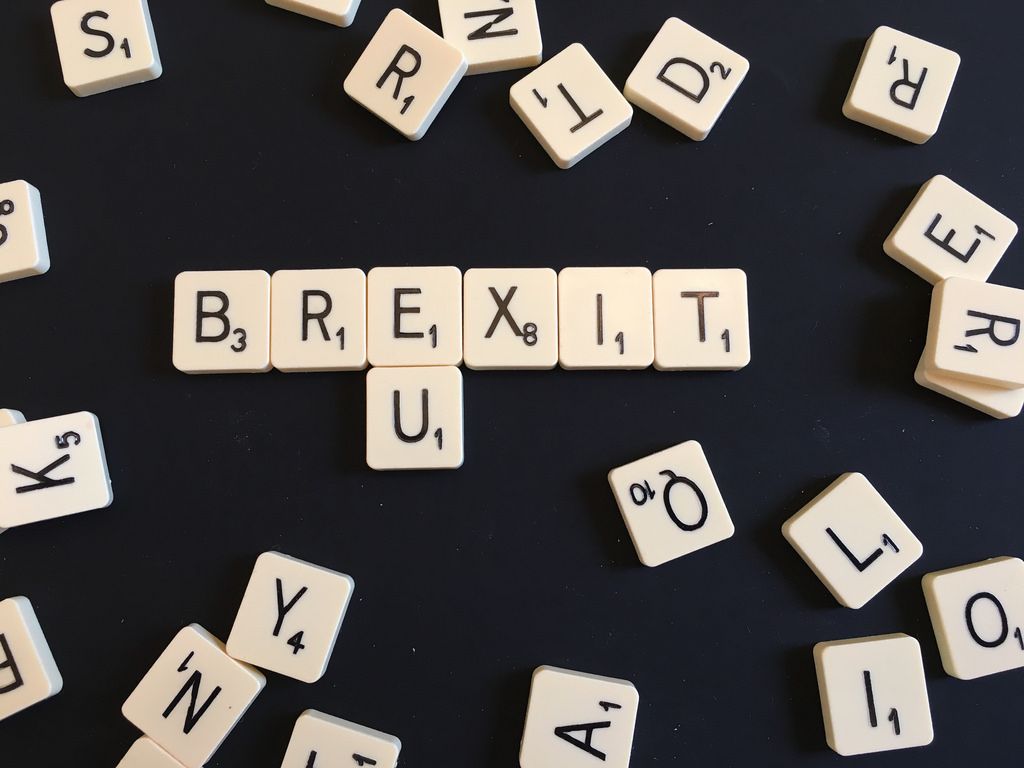Government Defeated on Brexit Deal Days Before UK is Set to Leave the EU
The British Government has just received a second major defeat on their attempts to secure a deal with the EU to facilitate Britain's relationship with the EU after we leave, on March 29th. Find out what it means, here at Polerium.

By a huge margin of 149, the Prime Minister has suffered a second crushing defeat in attempting to secure Parliamentry backing of her Brexit deal with the EU
In 17 days the UK is set to leave the EU. Currently, there is no deal that has been set up and agreed to lay out the nature of Britain's relationship with the EU on the many myriad of interactions and partnerships with Europe that will occur in a post Brexit world.
What will be the travel rights for EU and British citizens going in and out of each territory? Will our law enforcement agencies work in partnership in the same way? Will we have to pay a 'divorce bill' to Europe? These and many more things all have to be decided.
Theresa May's government has tried for two years to negotiate a mammoth deal with the EU that lays all these things out. Only in November of 2018, after much toing and froing and dismal progress however, has the government been able to secure with the EU such a deal. The terms of the negotiations were agreed upon between the other 27 EU nation leaders, and the Prime Minister.
That though was only part one of the process, however. Whatever deal the PM agreed upon with the EU has to also be voted on by our Parliament. Only if Parliament votes in favour of the deal can the PM go ahead and sign on the dotted line with Europe.
For the second time (the first being in January), Parliament voted to reject the PM's deal. Indeed as stated, the vote against was of a huge majority - 391 against 242 in favor.
Why was it done? Well, November's Brexit deal was unpopular on both sides of the leave-remain divide, and crucially Brexiteers were dissatisfied with Britain's obligations over what's known as 'the Irish backstop'.
Ireland is a member of the EU, and if the UK leaves, that of course means Northern Ireland will leave as part of the UK, too. But, just as say if Germany were to leave the EU, it would suddenly need to impose rigorous standard passport controls, custom controls, VISAs, etc at its borders with the EU countries, so the UK via Northern Ireland would need a similar border with the Republic of Ireland.
The problem is, such a hard border as it's known would envoke many terrible tensions between the two territories, and threaten to upend the lasting peace there.
Both the UK and the EU want to avoid that, of course. But how? Well, the only conceivable way is to have a soft border - with border practices and customs, security, travel-rights, etc standards akin to that of Europe's, so all can pass without too much hassle, similar to what he have now. And similar to what we have now with the EU - similar customs regulations, travel laws, etc - doesn't please Brexiteers.
They feel that whilst they don't want a return to a hard border with Ireland, a soft border would mean that NI and so Britain outside of the EU would be too-similar to Britain in the EU, for them.
That was November's deal - what's the situation with today's? Well, after the government's deal was voted down in January, Theresa May vowed to get ammendments to it from the EU, crucially legally binding ammendments, that would ensure the UK wouldn't be bound to the EU forever, should the government choose to set up the soft border.
Well, the Attorney General of the UK Geoffrey Cox QC and also MP gave his official legal advice to Parliament today as to whether the agreed upon changes were legally binding or not.
The House of Commons was in-majority dissatisfied that the changes were legally binding as such, and the motion to support the deal was struck down.
That's not to say that every MP who voted against the deal today did so because of that, but many did. Enough to make sure the deal wouldn't pass.
What does this all mean?
Well, there are currently two options left. The first is a no-deal scenario: we crash out of Europe in 17 days with no treaty agreed upon for all the above many things that need to be agreed upon. Things will then take much longer to sort out, and it's unsure what the legal complications will be on each issue. That's bad news.
Parliament will now get to vote tomorrow, Wednesday, on whether they want to accept a no-deal scenario, or not.
If they vote against no-deal, then they'll get to vote on Thursday on whether or not to extend the amount of time we're staying in Europe - beyond the pre-arranged exit date of March 29th - so to give the government more time to negotiate. How long such an extension would be is not yet known.
Labour, predictably and in my opinion lazily & self-servingly, called for a general election as a result of today's vote, saying that the government no longer had the support of the House. It also went on to say that it would continue to push its alternative plans for Brexit - though it made no mention of its recent pledge to push for a second referendum in the case that all else in Brexit fails.
So, at the 11th hour, the game's afoot.
Stay tuned for our coming articles on whether a second referendum to possibly remain in the EU afterall may now come to pass.
